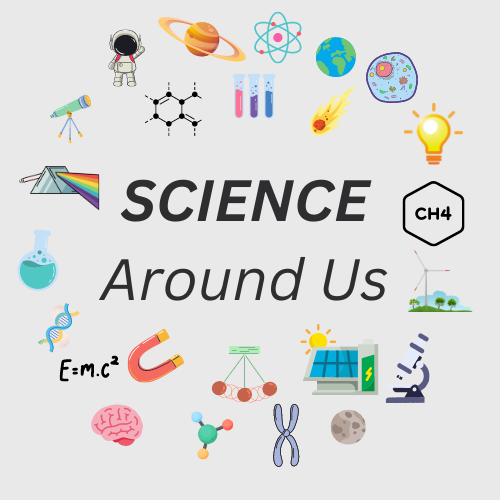Artificial Intelligence (AI) is no longer just a concept from science fiction; it’s a part of our daily lives, and it’s transforming the world around us. From virtual assistants like Siri and Alexa to advanced algorithms driving social media platforms and online shopping, AI is becoming more integrated into everyday tasks. But what exactly is AI, and why is it such a hot topic in the world of science and technology right now?
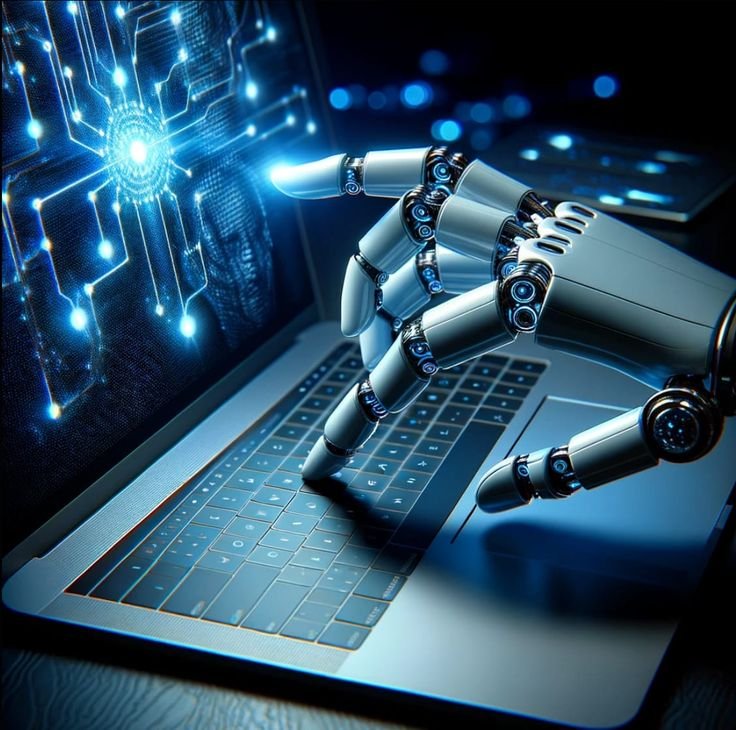
What is Artificial Intelligence?
Artificial Intelligence refers to the simulation of human intelligence in machines that are programmed to think like humans and mimic their actions. These intelligent systems are designed to perform tasks that typically require human intelligence, such as visual perception, speech recognition, decision-making, and language translation. The potential applications of AI are vast, ranging from healthcare and finance to entertainment and education.
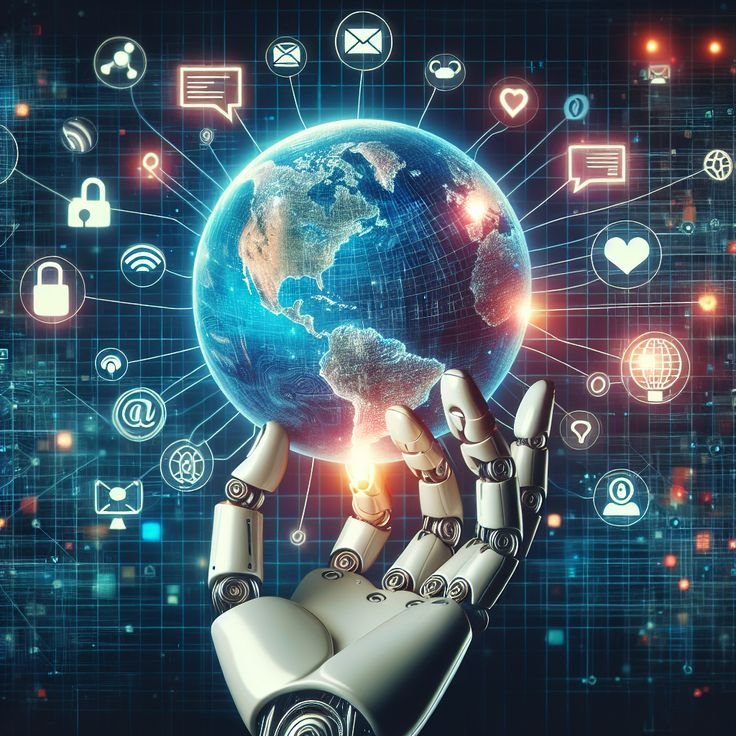
AI in Healthcare: Revolutionizing Patient Care
One of the most significant areas where AI is making a difference is healthcare. AI algorithms are being used to diagnose diseases more accurately and at an earlier stage than traditional methods. For example, AI can analyze medical images, such as X-rays and MRIs, to detect abnormalities that might be missed by human eyes. Additionally, AI-powered systems are helping in drug discovery, predicting patient outcomes, and even assisting in surgery with the help of robotic tools.

AI and Climate Change: A Powerful Tool for Environmental Protection
Another trending topic in the world of AI is its application in addressing climate change. AI can process vast amounts of data to model climate patterns, predict weather changes, and optimize energy use. For instance, AI is used in smart grids to balance energy supply and demand, reducing waste and improving efficiency. AI can also aid in conservation efforts by analyzing data from satellites and sensors to monitor deforestation, track wildlife populations, and detect illegal activities like poaching.
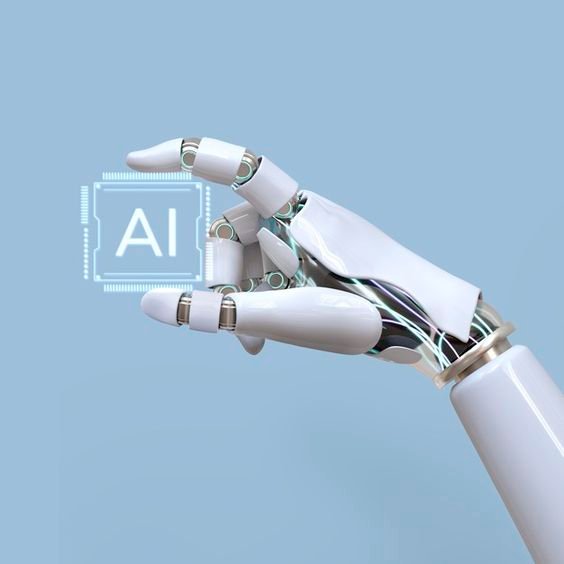
The Ethical Dilemma: Balancing Innovation and Responsibility
With the rapid advancement of AI comes a set of ethical challenges. How do we ensure that AI is used responsibly? Issues such as data privacy, bias in algorithms, and the potential for AI to replace jobs are at the forefront of discussions among scientists, ethicists, and policymakers. Ensuring that AI systems are transparent, fair, and secure is crucial as we navigate this new era of technology.
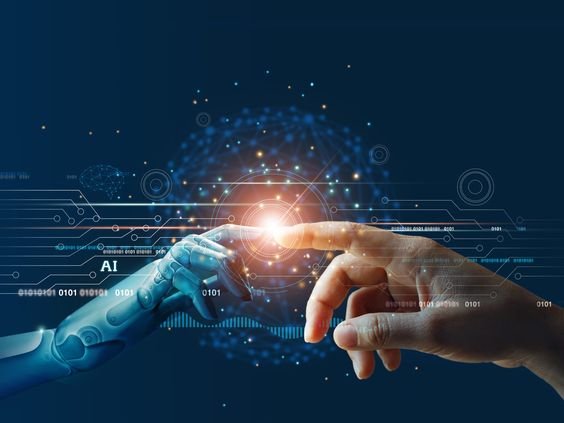
The Future of AI: What’s Next?
AI’s capabilities are expanding at an unprecedented rate, and the future looks promising yet unpredictable. As AI continues to evolve, we can expect to see even more sophisticated applications in areas like autonomous vehicles, personalized medicine, and smart cities. However, with these advancements comes the responsibility to manage AI’s impact on society carefully.

Conclusion
Artificial Intelligence is a powerful tool that is shaping the future of science, technology, and society. Its applications are vast, and its potential is immense, but it also raises important questions about ethics, privacy, and the future of work. As AI continues to develop, it will be essential to harness its power responsibly to ensure it benefits all of humanity.
